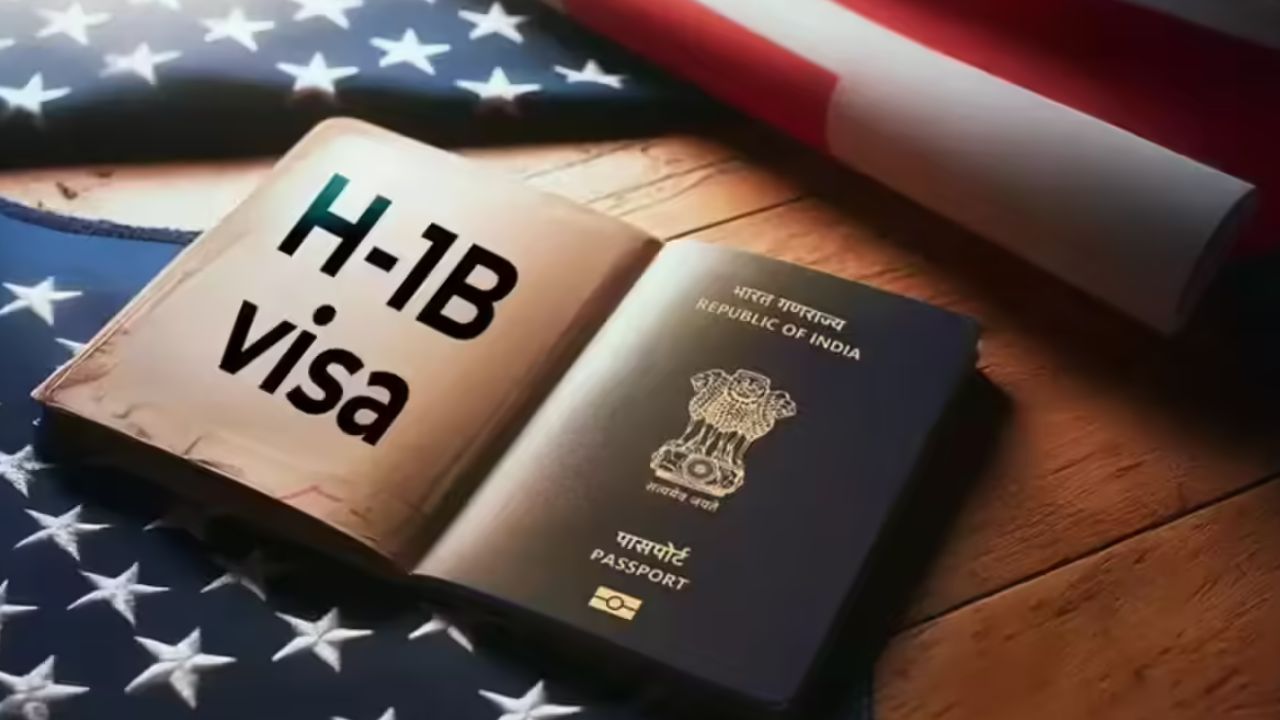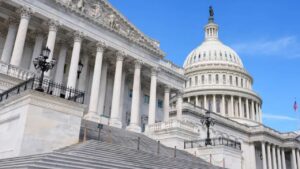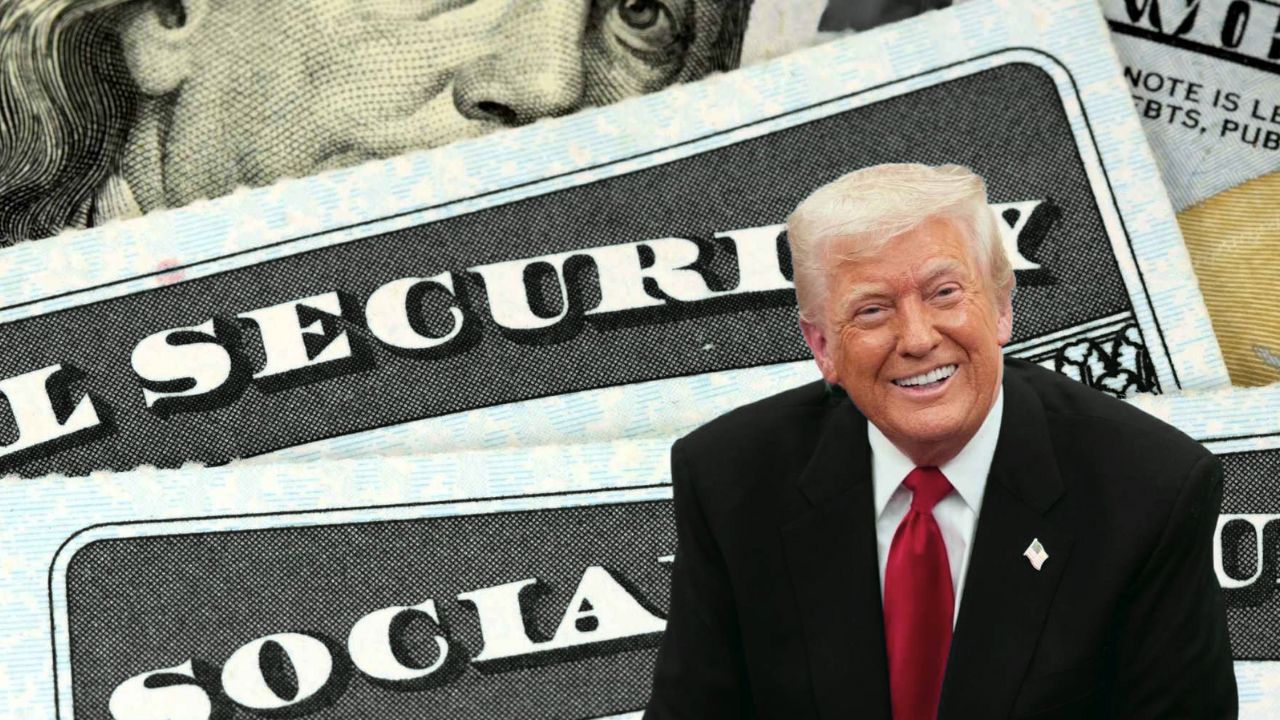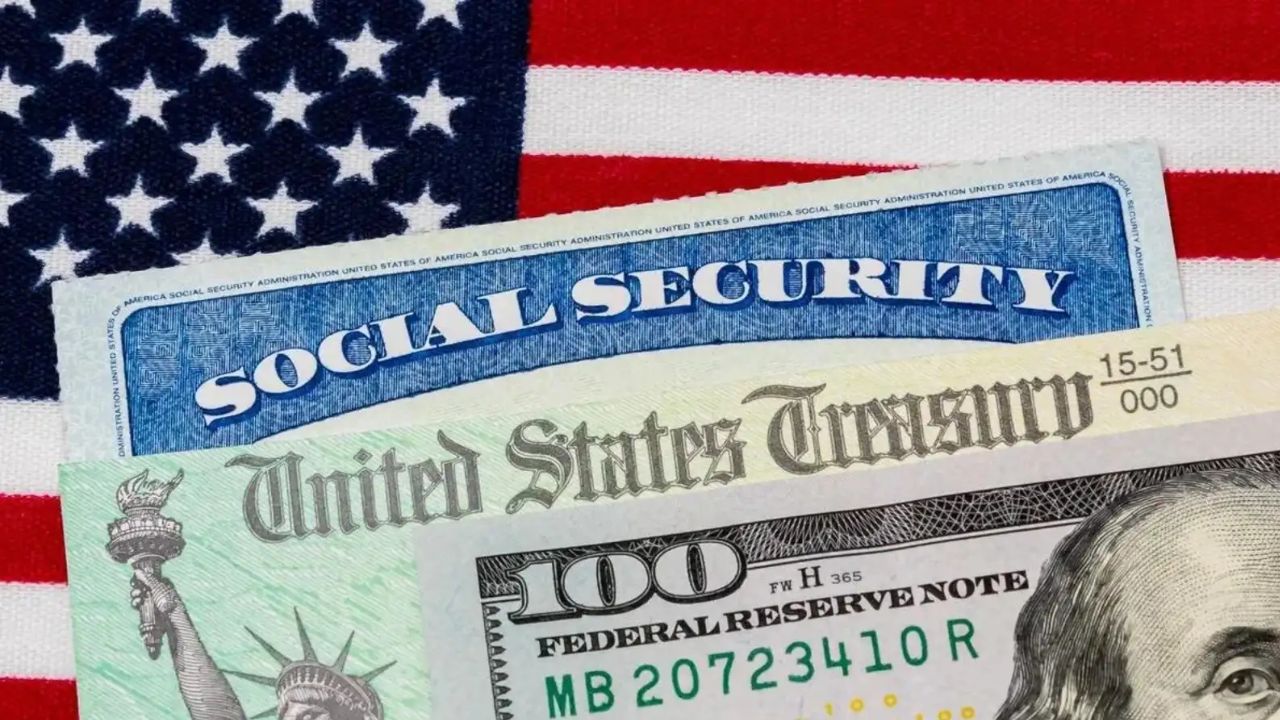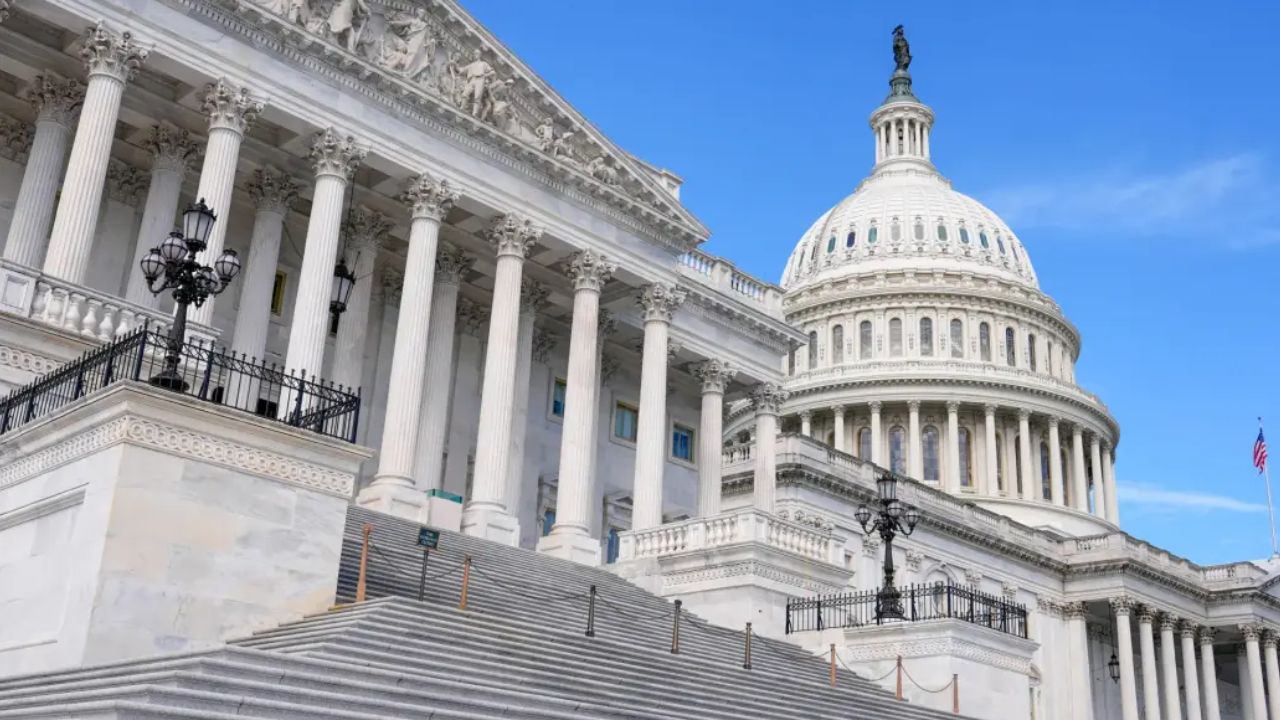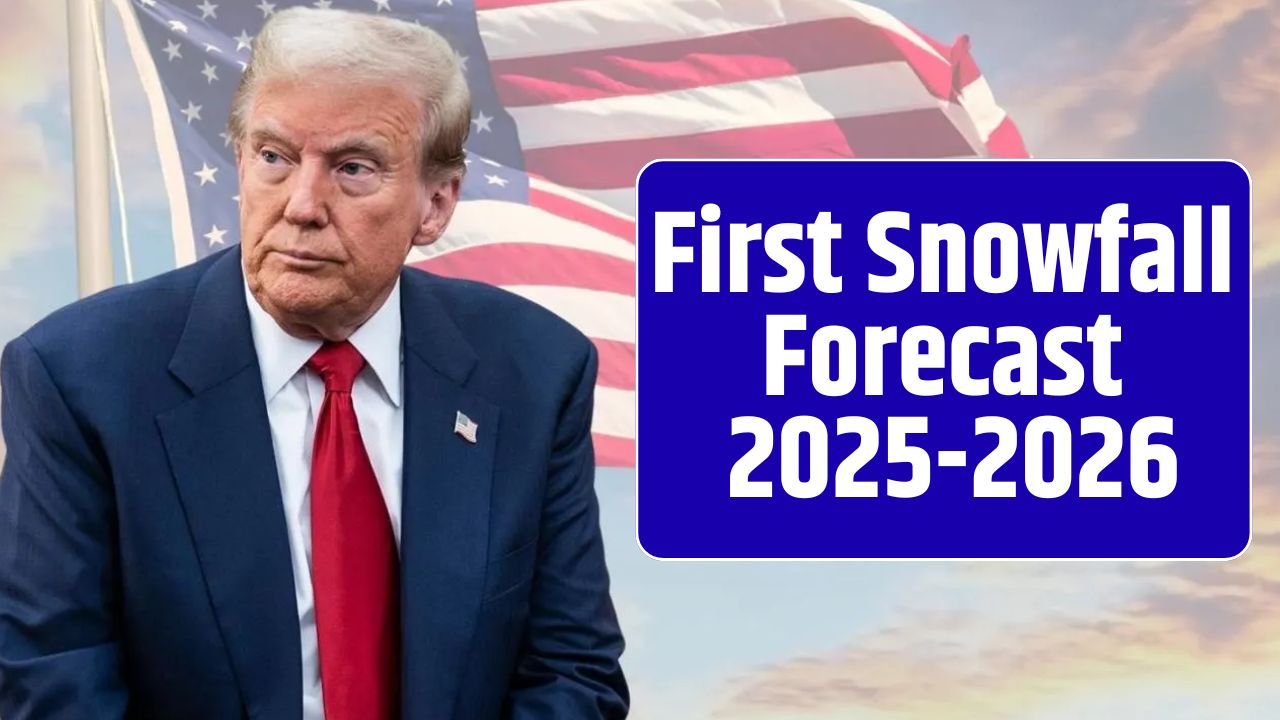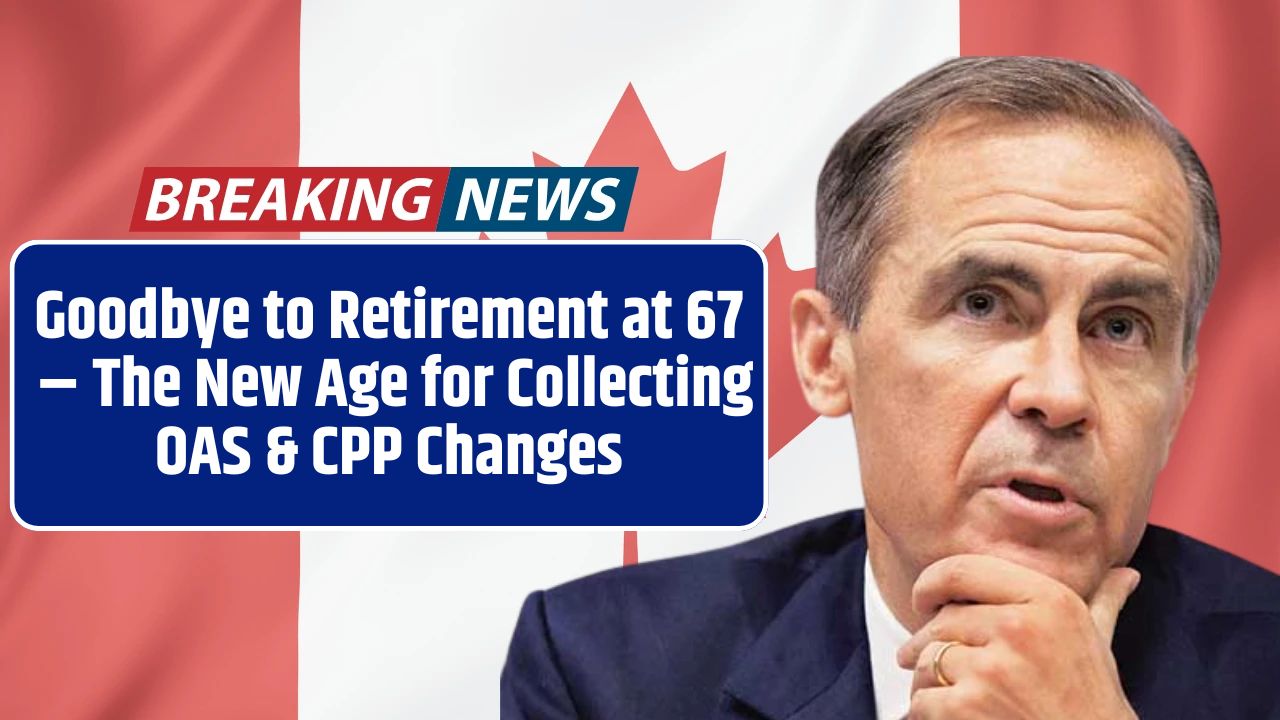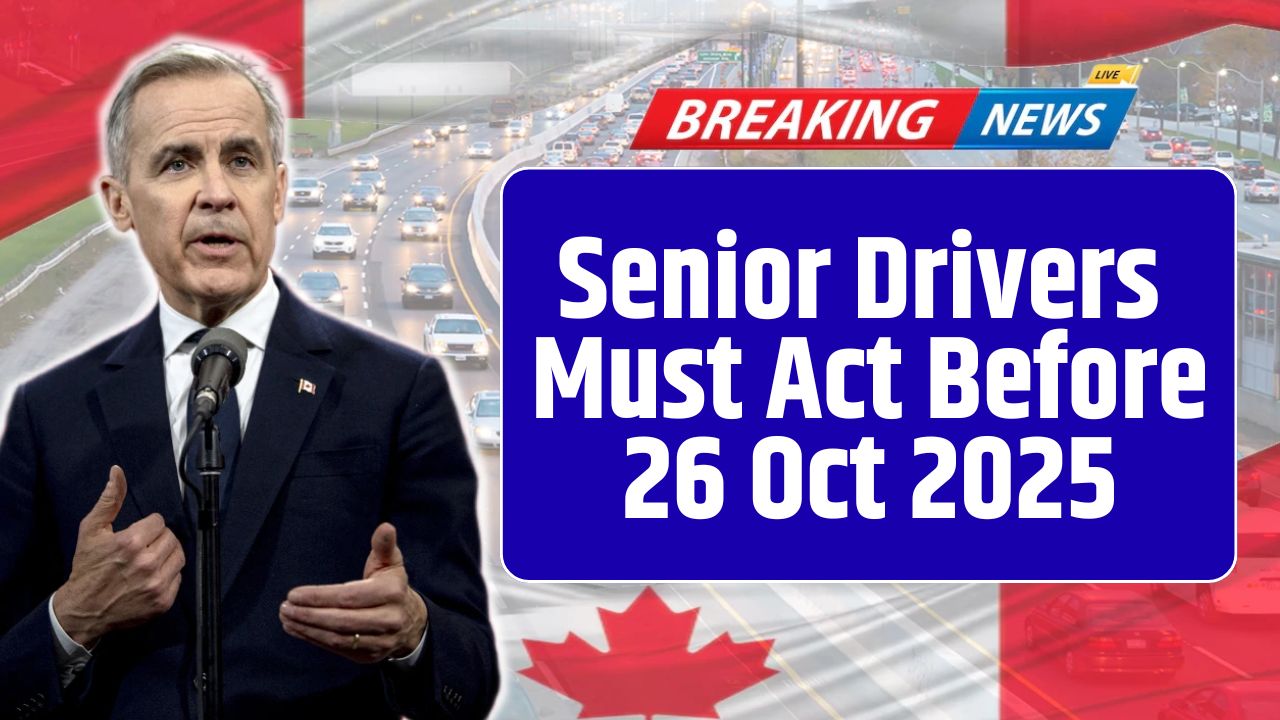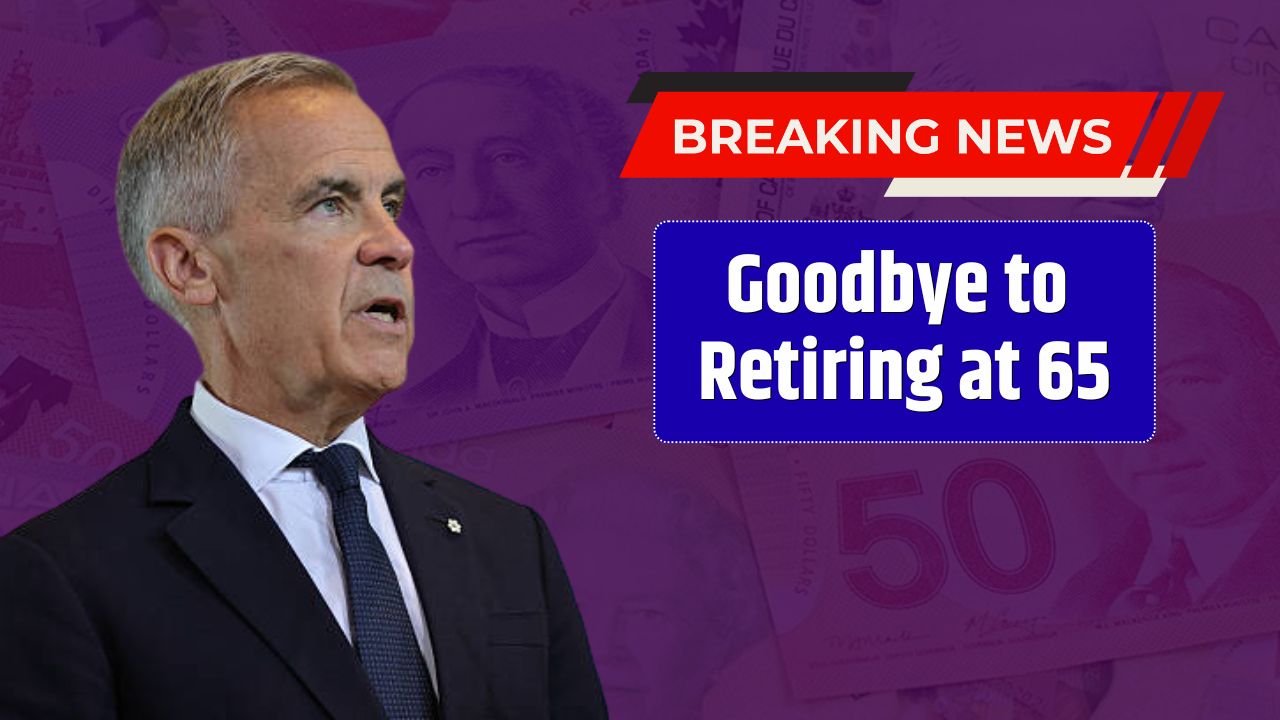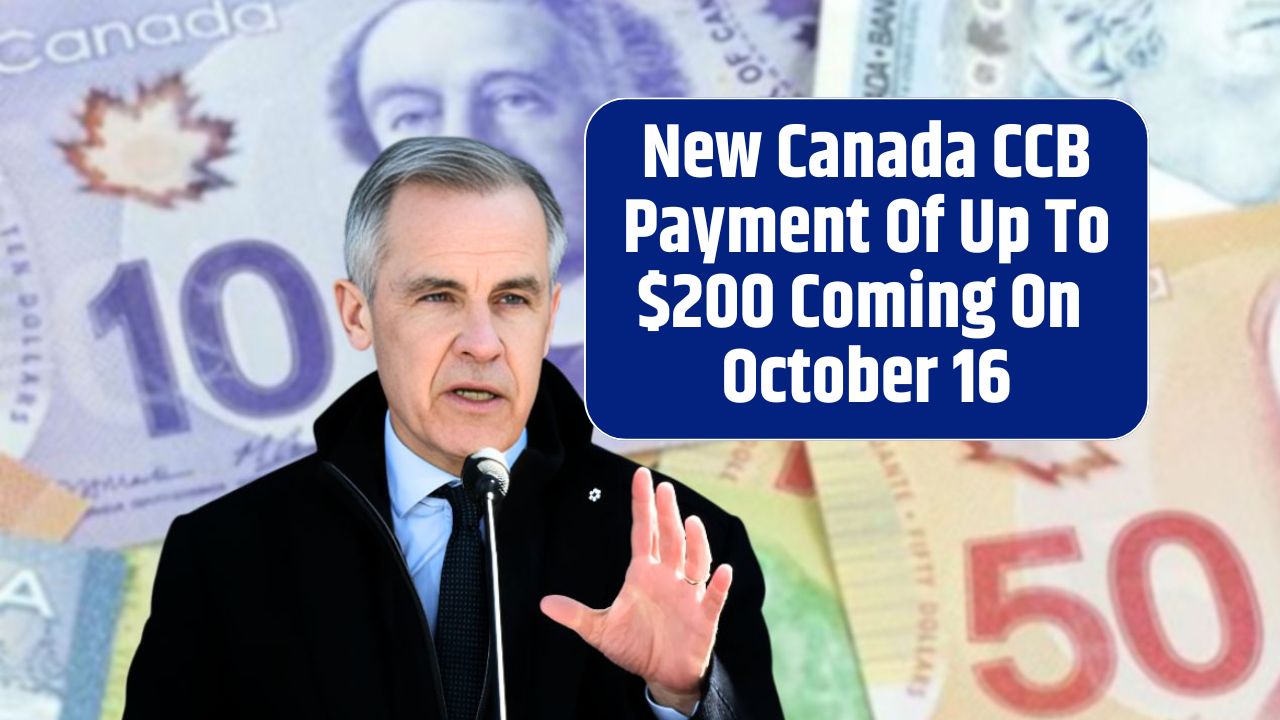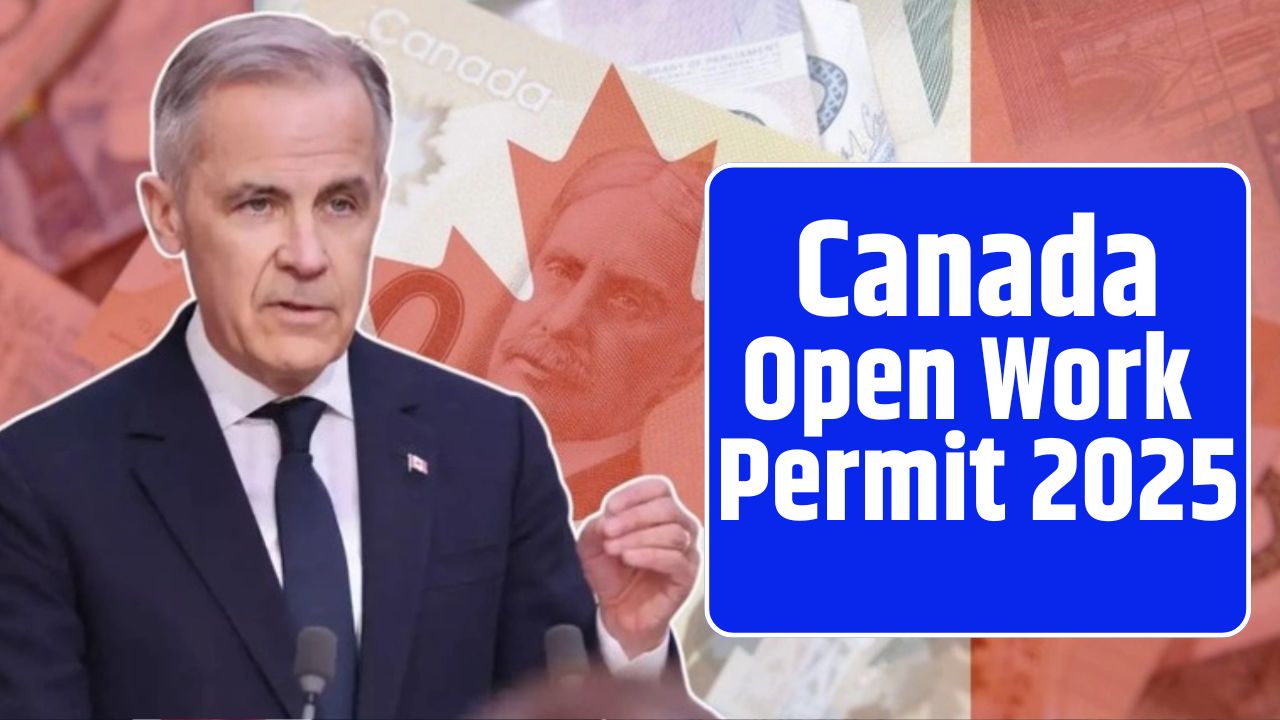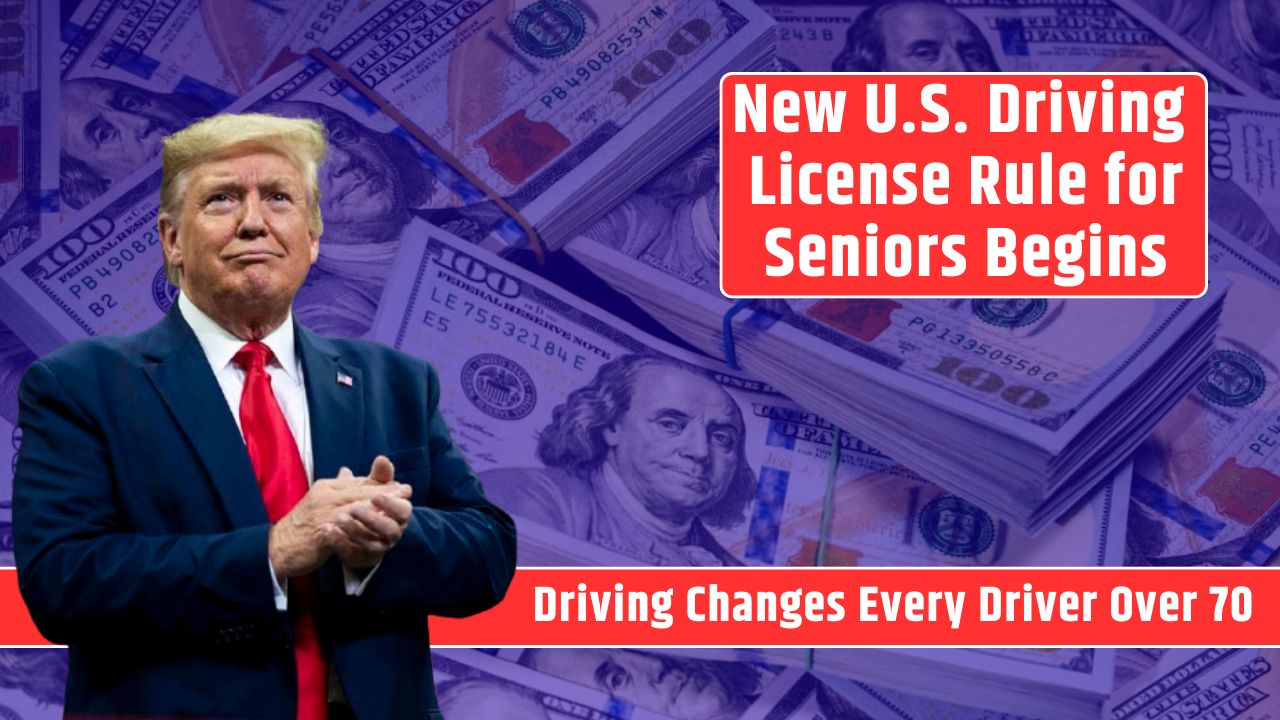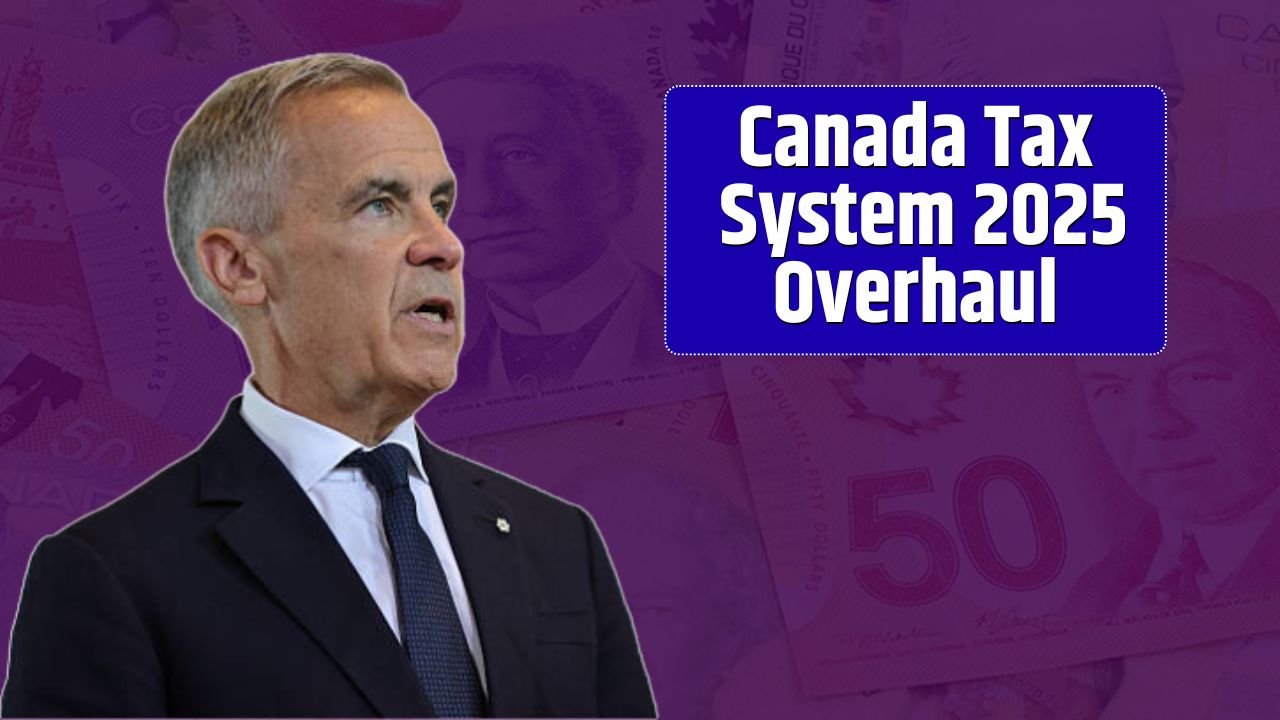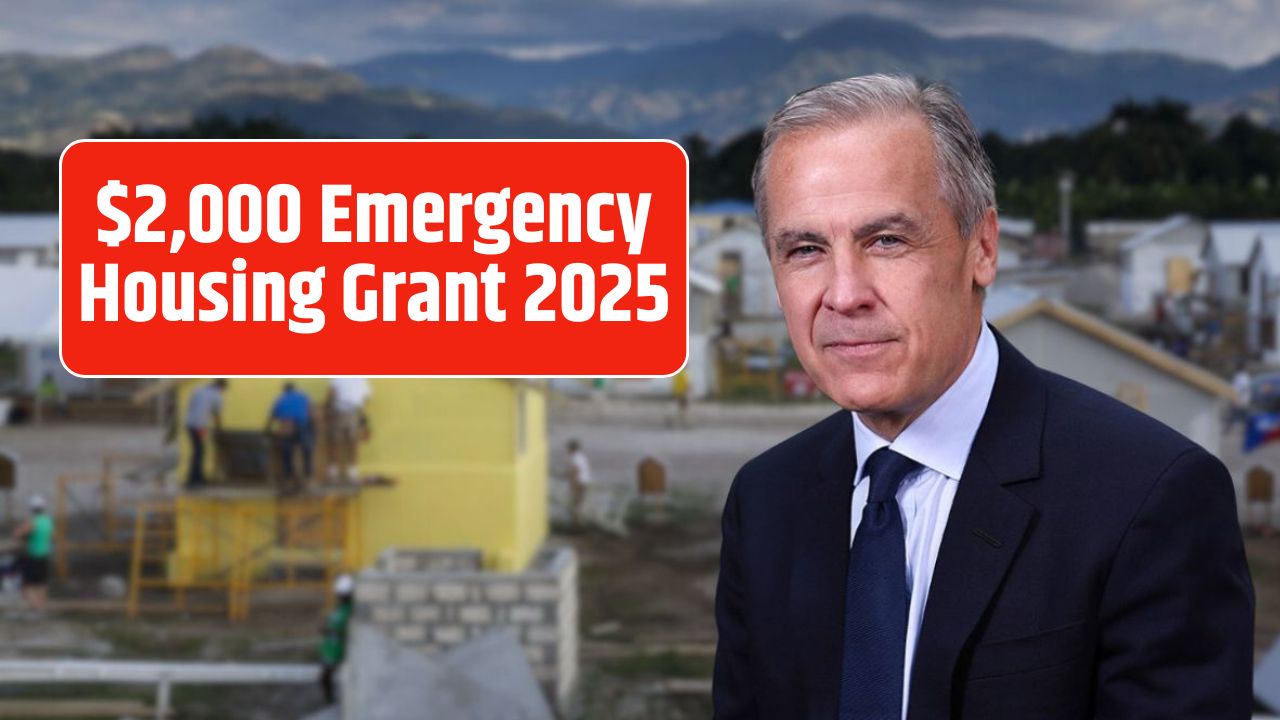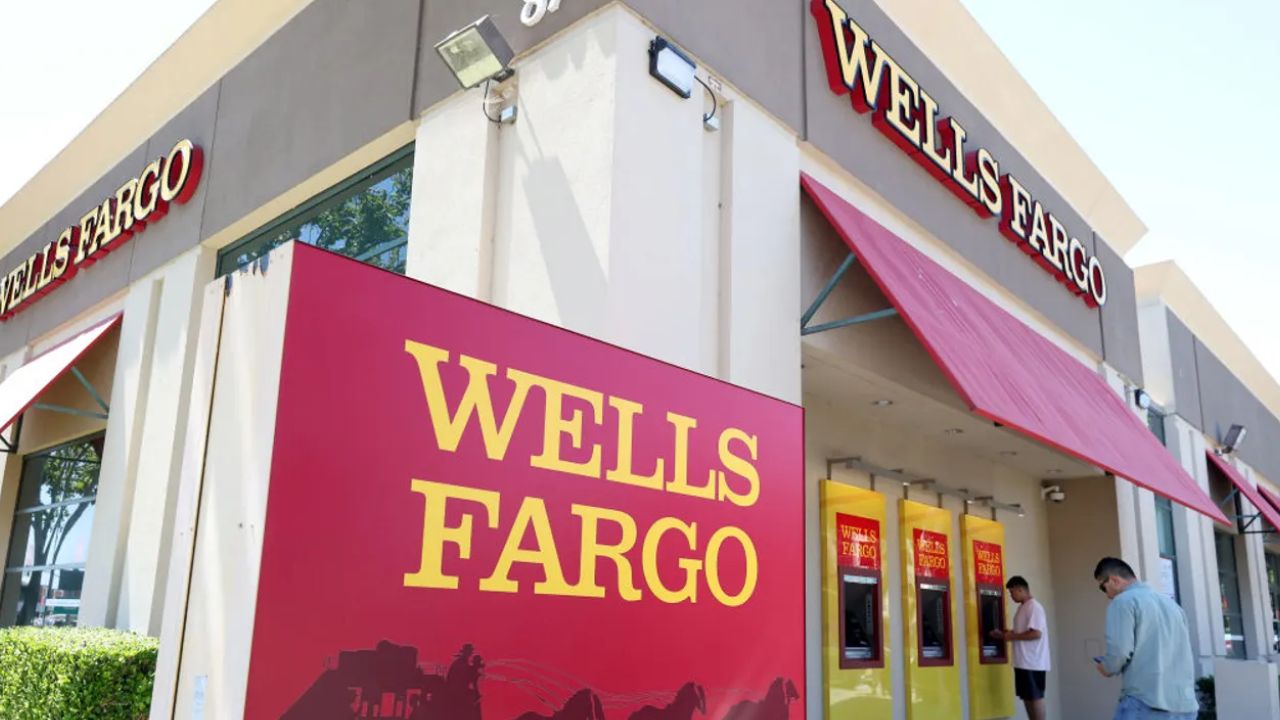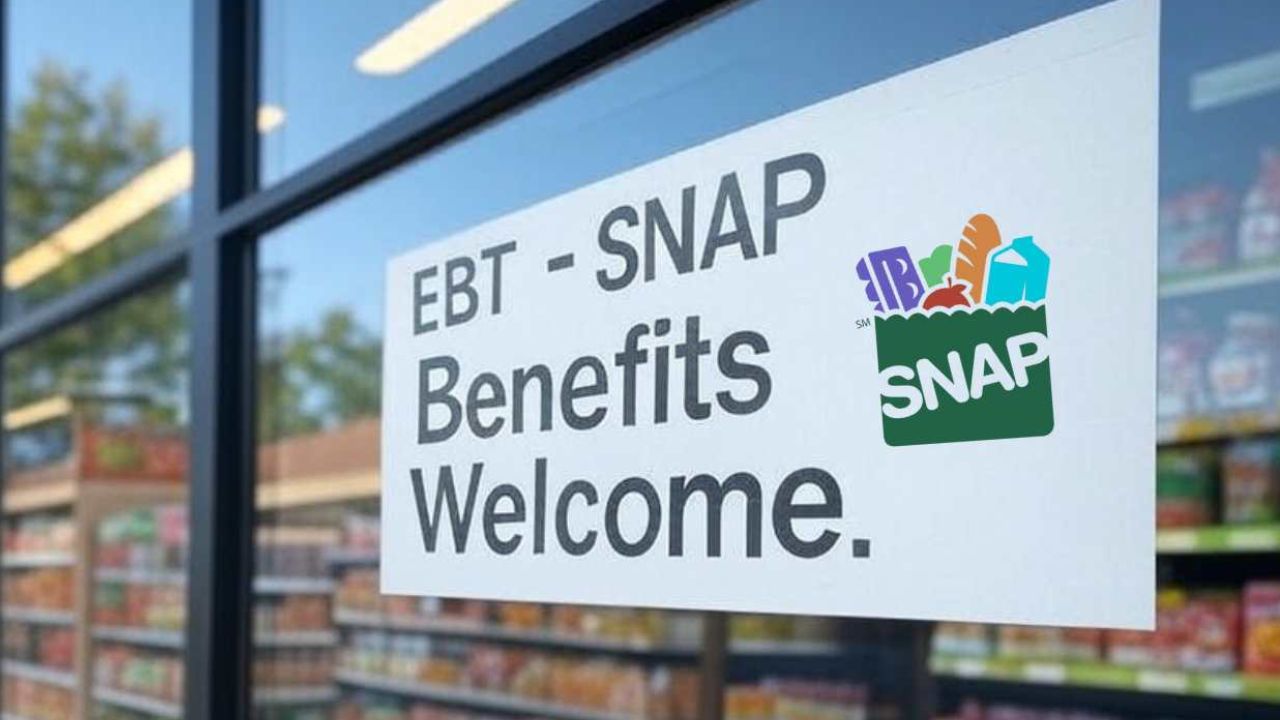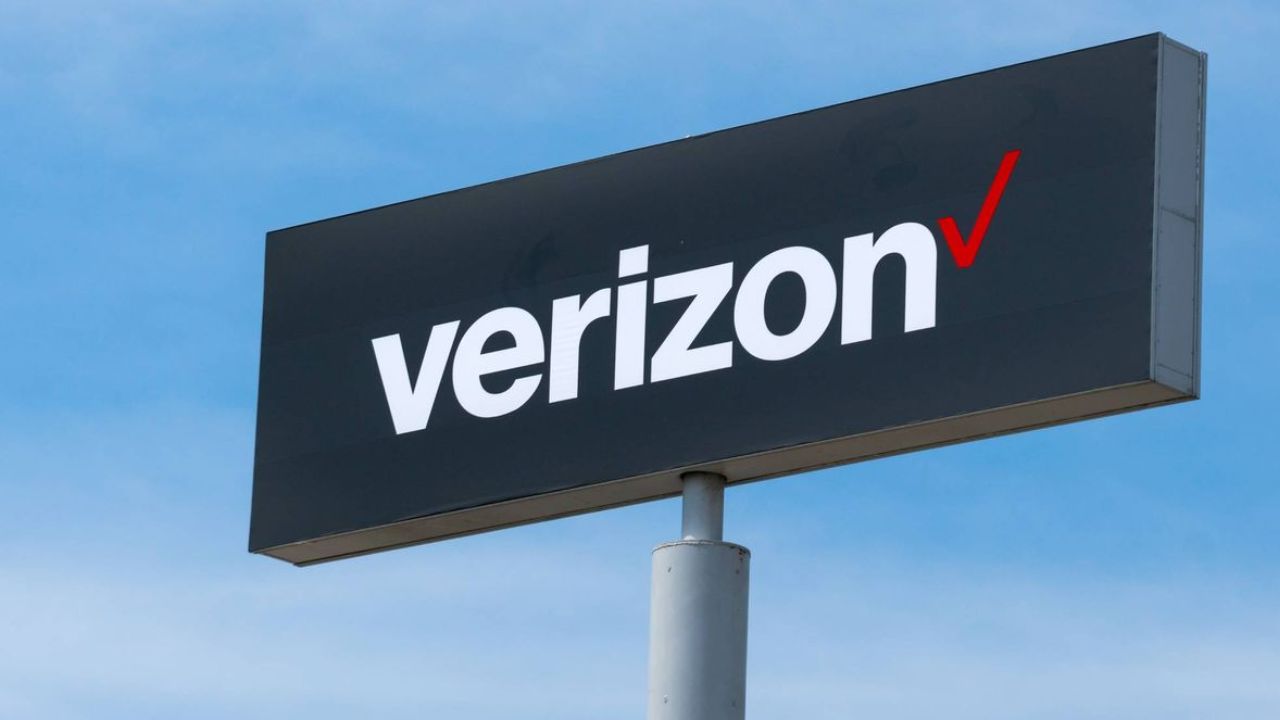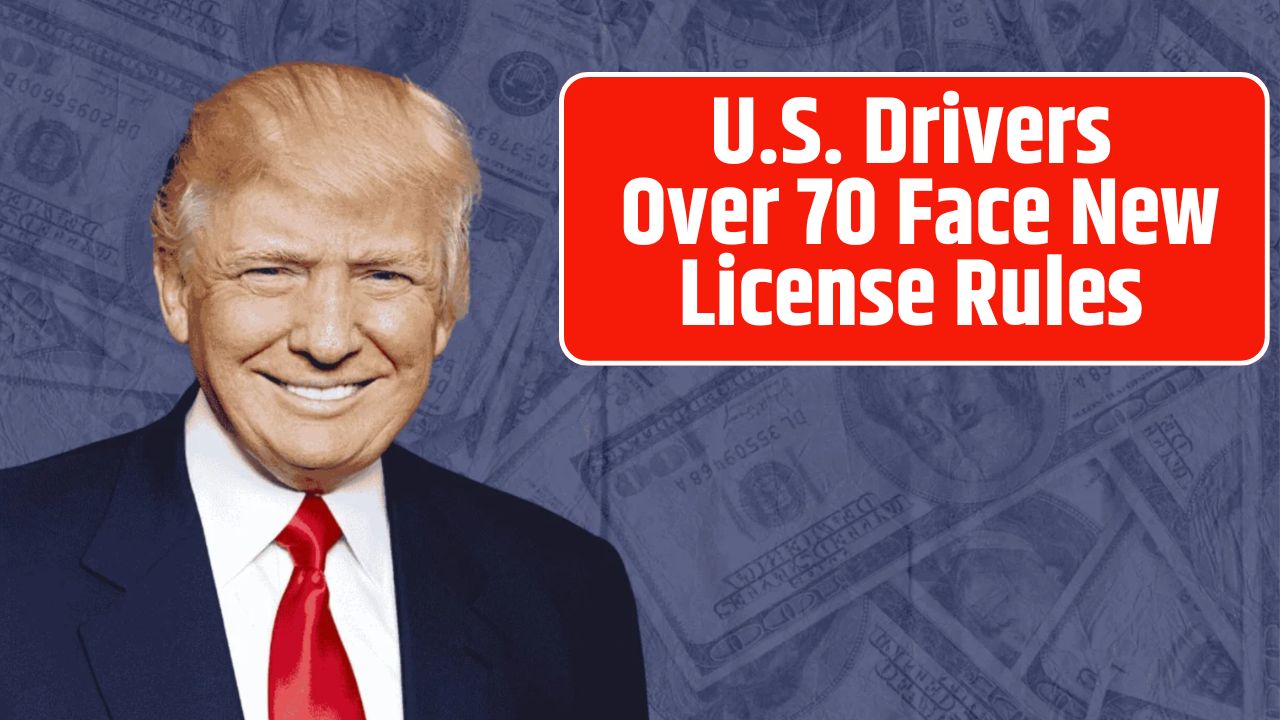Tata Consultancy Services (TCS), one of the largest H-1B visa sponsors in the United States, just drew a line in the sand. CEO K. Krithivasan confirmed that the Indian tech giant will stop hiring new employees on H-1B visas, citing a strategic shift toward local recruitment amid the Trump administration’s escalating visa restrictions.
The move lands squarely in the middle of America’s immigration policy storm—where tech firms that once relied on imported talent now face steep costs and political scrutiny for doing so.
TCS Pulls Back on Visa Hiring
In an interview with the Times of India, Krithivasan said the company would “continue to hire more locally” and “reduce dependency on visa-based talent.” It’s not an isolated tweak but a deliberate shift. TCS currently employs around 11,000 H-1B workers across its 32,000-strong U.S. workforce, according to U.S. Citizenship and Immigration Services (USCIS) data.
The company ranked second only to Amazon for the number of approved H-1B visas in FY2025—5,505 approvals, to be exact. That volume made TCS a cornerstone of the visa ecosystem that fuels America’s tech industry, particularly in consulting, cloud computing, and software services.
But now, the calculus has changed. “We have enough people on H-1 already in the U.S. I don’t think we would be looking for adding to that count,” Krithivasan told the Deccan Chronicle.
He added that the company’s long-term plan was never permanent overseas deployment. “Our original plan was always to send people on H-1 with the intention of bringing them back and rotating them,” he said, noting that future renewals will be evaluated “at the appropriate time.”
Trump’s $100,000 H-1B Visa Fee: The Breaking Point
The timing of TCS’s announcement isn’t accidental. Just weeks ago, President Donald Trump signed an executive order introducing a $100,000 annual fee per H-1B visa—a move the administration said was designed to curb “abuse” and encourage companies to hire American citizens first.
Commerce Secretary Howard Lutnick defended the fee, saying, “Either the person is very valuable to the company and America, or they are going to depart and the company is going to hire an American.” The new fee structure, he said, was about “making sure the people coming in are the top, top people. Stop the nonsense.”
Critics, however, see the fee as a blunt instrument that could undercut America’s access to global talent, especially in industries already facing domestic skill shortages. Several major business groups, including U.S. employers and labor unions, have filed lawsuits to block the $100,000 H-1B charge, arguing that it’s unconstitutional and economically disruptive.
Local Hiring on the Rise
For TCS, the decision to scale down visa hiring aligns with a broader push toward local workforce development in the U.S. Krithivasan emphasized that the company is actively “increasing local participation” through recruitment and training.
This isn’t new territory for TCS—it’s been ramping up American hiring for several years. In fact, the company operates numerous innovation hubs and delivery centers across states like Texas, Ohio, and Indiana, many of which are staffed primarily by U.S. citizens and permanent residents.
The idea, insiders say, is to reduce operational vulnerability. If U.S. immigration policies become even more restrictive—or prohibitively expensive—the company wants to ensure business continuity through a homegrown talent base.
The Bigger Industry Ripple
TCS isn’t the only firm reevaluating its dependence on H-1B workers. Other Indian tech majors, including Infosys and Wipro, have already started hiring more Americans, particularly in client-facing roles.
But TCS’s announcement stands out because of its scale. The company has long been one of the most visible faces of the H-1B program—sometimes controversially so, given its reliance on short-term visa rotations. A withdrawal from that model could mark the beginning of a broader industry realignment.
Tech employers are watching closely. If the $100,000 fee remains intact, experts predict a steep decline in H-1B filings next year. The policy may also accelerate automation and remote outsourcing—essentially moving jobs overseas rather than bringing workers into the U.S.
The Legal Battle Ahead
The new H-1B rules are already under heavy fire. A coalition of companies, universities, and labor groups has filed lawsuits in multiple federal courts, seeking injunctions against what they call an “economic deterrent masquerading as reform.”
If the legal challenges succeed, the $100,000 fee could be temporarily suspended. But for now, it’s still in effect, and companies like TCS are adjusting in real time.
| Metric | TCS (FY2025) | Change from FY2024 | Notes |
|---|---|---|---|
| H-1B Approvals | 5,505 | +4% | 2nd largest sponsor after Amazon |
| H-1B Employees in U.S. | ~11,000 | — | About one-third of U.S. workforce |
| Planned Local Hiring | +20% (est.) | — | Focus on campus and lateral U.S. hires |
| Annual Visa Fee Impact | $100,000 per visa | New (2025) | Facing legal challenge |
Source: USCIS, Times of India, Deccan Chronicle.
Why It Matters
This shift hits multiple fronts. For one, it underscores the tightrope tech companies must walk between economic necessity and political pressure. Skilled foreign talent remains critical for sectors like AI, cybersecurity, and cloud infrastructure. But the optics—and now, the cost—of sponsoring such workers are increasingly tough to justify.
Secondly, it marks a turning point for the global outsourcing model that powered India’s IT boom for two decades. If TCS and others move away from visa-dependent operations, we could see a more regionally balanced workforce strategy—with more Americans working for Indian IT firms and more project work staying offshore.
FAQs:
Why did TCS stop hiring H-1B visa holders?
The company wants to reduce reliance on visa-dependent workers and adapt to new U.S. immigration fees and restrictions.
Will current H-1B employees lose their jobs?
No layoffs have been announced. The company will likely maintain current visa holders but limit renewals and new sponsorships.
What is the $100,000 H-1B visa fee?
It’s an annual charge introduced by the Trump administration to discourage overuse of foreign work visas.
